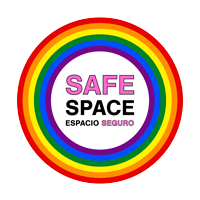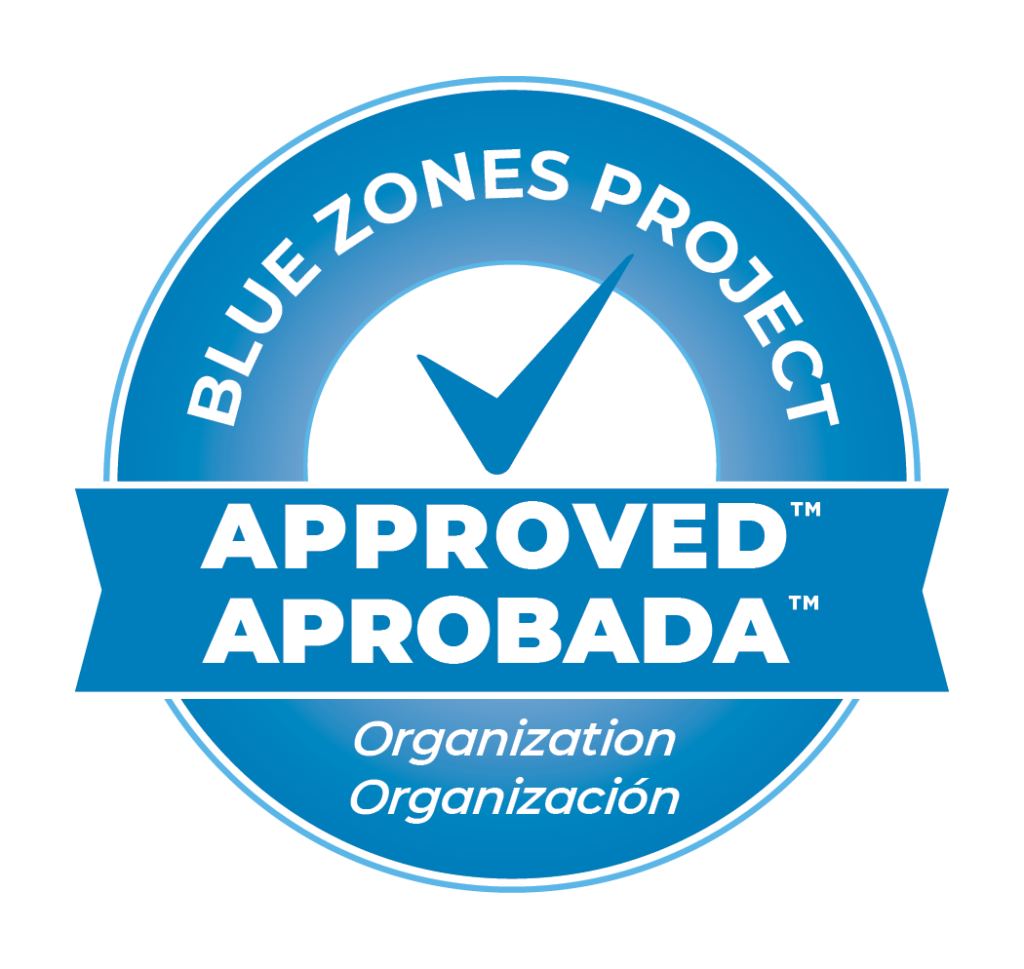At eight years old, Twyla Downing can remember praying to God and asking if there wasn’t more to life. She didn’t know that her yearning came from someplace deep inside that wouldn’t be revealed to her until later in life. “I always knew something was different about me…. I didn’t know what it was. It was kind of pushed aside because of stigma and culture…. I thought it was something I could block out.” Her children always knew their mother was different too. They could see the emotional highs and lows of an illness that didn’t yet have a name.
For many years, Twyla had managed to maintain balance with a strong spiritual and family foundation, as well as successful career in consultative sales in the weight loss industry. She was married for 14 years, but lost her grounding when she went through a divorce. Then three years ago, Twyla’s physical health began to deteriorate. She was admitted to a hospital in San Diego, suffering from heavy chest pains caused by anxiety, and had gained 60 pounds of weight over just three months. “I remember the doctor saying it’s all connected, your physical, mental and emotional health.” Shortly thereafter, Twyla moved to Monterey. Not long after that, thoughts of suicide prompted her to admit herself to the psychiatric ward at Natividad Hospital. “I promised my son that if I ever thought of hurting myself I would get help…. I had a feeling of hopelessness.”
After recovering from her mental break, Twyla was released from Natividad to Community Homeless Solutions’ Hamilton House Shelter. “It was a whole new ballgame… I was determined to get help.” Eventually, she was referred to Interim and was admitted to the Shelter Cove program. Shelter Cove is a transitional housing program for homeless people diagnosed with a serious mental illness. Since being admitted to Interim’s Shelter Cove program Twlya Downing has been diagnosed with “a litany of things”, including bi-polar disorder, borderline personality disorder and posttraumatic stress disorder. Physically, she also suffers from Complex Regional Pain Syndrome (CRPS), a rare nervous system disorder that can cause severe pain and inflammation. Because of it, Twyla walks with a cane.
Initially, she viewed the program as a housing opportunity. What she didn’t expect was the profound healing that would occur in her life. “The agency motto, “Housing, Healing, Hope”, was more than just words…. Now I don’t hide my illness from others. I’m working hard to share that with other people so they can have that same kind of hope to be able to live a healthy life.” At Shelter Cove, Twyla discovered her peers. She found many intelligent, artistic people, who were “willing to not have blinders on”. She eventually found that her own healing could be promoted by helping them. She found her voice by volunteering with peer-led groups like Interim’s Hope and Recovery program, which leads groups in in-patient psychiatric wards, spreading the message that recovery is attainable. “I realized that there’s more to this than me. It helped me get out of my own head. When you give, you truly receive. It redirects your energy away from being fixated on your illness…. It put a focus on something larger than myself.”
As of the date of our interview, Twyla, now a successful graduate of the Shelter Cove program, is busily preparing to move back to New York to be closer to her family and investigating how she can continue helping her peers there by becoming a facilitator for Peer to Peer Groups. She doesn’t feel like she is leaving Interim behind, though. “One good thing I learned…. is that once I am a part of Interim, I always am. That makes me feel like I’m not leaving.”




